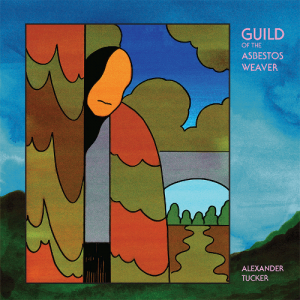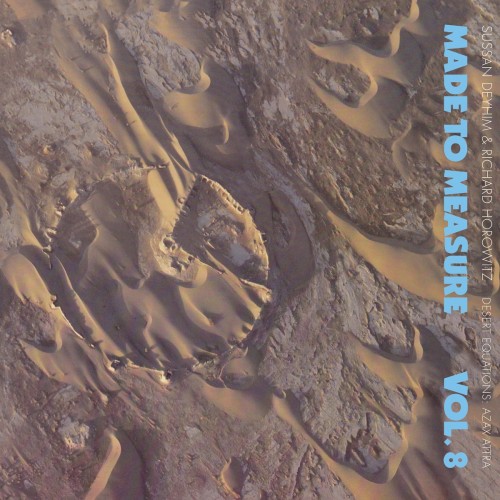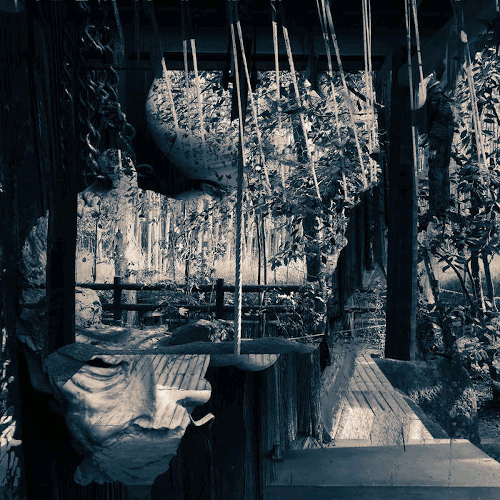 Hot on the heels of last year’s Don’t Look Away, 2019 sees Alexander Tucker once again hunkering down on his own in the studio. Guild Of The Asbestos Weaver constructs tracks that employ his love of sci-fi and cosmic horror in a recognised song format, with all of the pieces here allying his gorgeous vocals to rhythmic and melodious structures that tip a hat to the odd genre here and there, but end up sounding just like him.
Hot on the heels of last year’s Don’t Look Away, 2019 sees Alexander Tucker once again hunkering down on his own in the studio. Guild Of The Asbestos Weaver constructs tracks that employ his love of sci-fi and cosmic horror in a recognised song format, with all of the pieces here allying his gorgeous vocals to rhythmic and melodious structures that tip a hat to the odd genre here and there, but end up sounding just like him.
The shuffling, jumbled beats that open the album I thought were allied to distorted guitar, but there is no mention of guitar — so some other stringed instrument, bass or cello is being wrestled into a kind of ’80s Goth-tinged dirge. His voice is honeyed and warm, and sounds as though it would be equally at home singing sixteenth century plainsong as twenty-first century retro-futurist folk songs. There is a hidden drama to it, a kind of portent of further upheaval, but the song shuffles quite gently as the gauze of drone enshrouds the echoed vocals full of abstract imagery. It would sound great in a chapel, and some of the chord changes that Alexander uses are lovely, with the overloading of the sound during instrumental passages allowing us to make out the details.
The deep cello drones of “Artificial Origin” are stretched to breaking point. The soundtrack hisses and growls like an underground steam train, visions of workers hacking at the seam of some unknown material, stabbing blasts of distortion juxtaposed with his sweet voice that glides through the noise like a wraith. It is almost Wagnerian in its bombastic approach, a measured pace, the thrum of industry turning it into an arm waving anthem, with a wave of phased electric noise disrupting the effect. There is insistent repetition in “Montag” that suits the bowed cello and his zigzagging voice, spanning octaves as if it were the most natural thing; while on “Precog”, the body of the cello is slapped and that deep resonance allows a dark and dirty Spacemen 3-like rhythm to escape from the murk.
Once again, Alexander Tucker confounds expectations and you can’t help but wonder when he will run out of ideas; on the strength of this album, it won’t be any time soon.
-Mr Olivetti-



